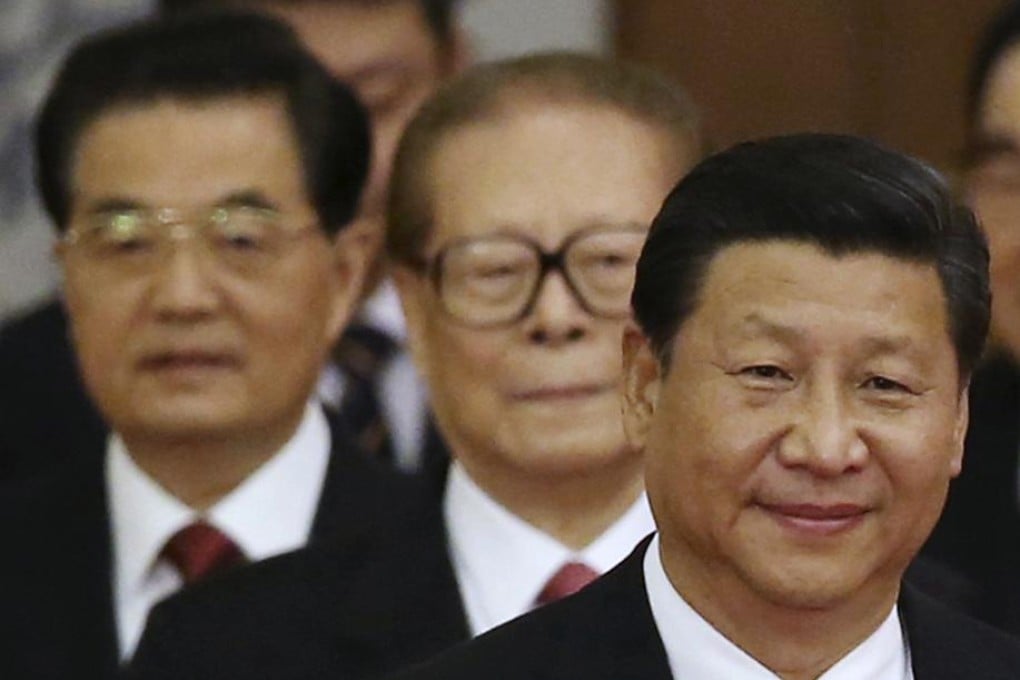Why China’s communists struggle with succession planning
Intrigue and infighting still permeate the months and years leading up to any transition of power

The Communist Party’s rise to power shaped China’s history for most of the past century, but despite holding the reins for more than 67 years the world’s largest political party has yet to solve its succession issues.
While it may have moved on from its violent legacy of cruel and bloody purges under Mao Zedong’s dictatorship in the early decades of the People’s Republic, when the derailing of power transitions sometimes plunged it into chaos, leadership succession remains an extremely opaque and contentious process to this day.
Before the death of paramount leader Deng Xiaoping in 1997, strongman leaders nominated heirs based purely on individual preference. Mao, and to a lesser extent Deng, made their own decisions to promote those they favoured and depose those they suspected of disloyalty.
In the post-strongman era, such decisions have been made by a very small circle of leaders, with analysts saying a level of intrigue and infighting still permeates the months and years leading up to any transition of power.

The party is now within striking distance of the record duration for a communist regime – the 68 years and 361 days achieved in the Soviet Union and Russia’s 74 years – but before it does its leadership faces another test in a major reshuffle at the party’s 19th national congress this autumn.